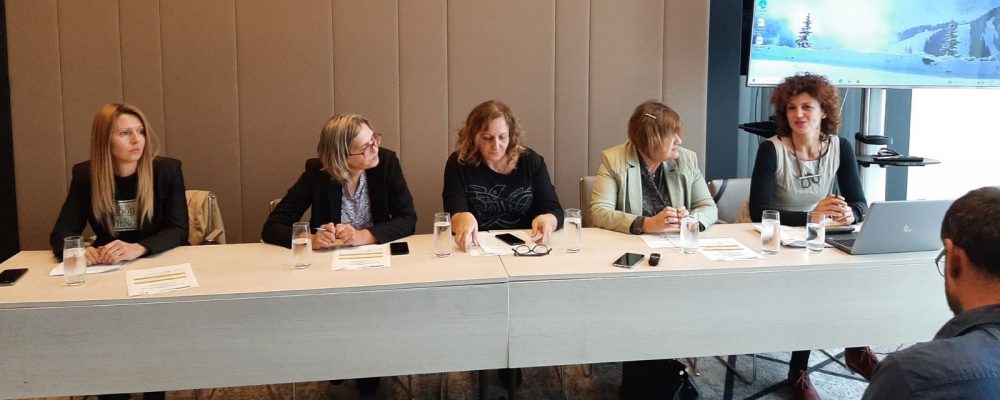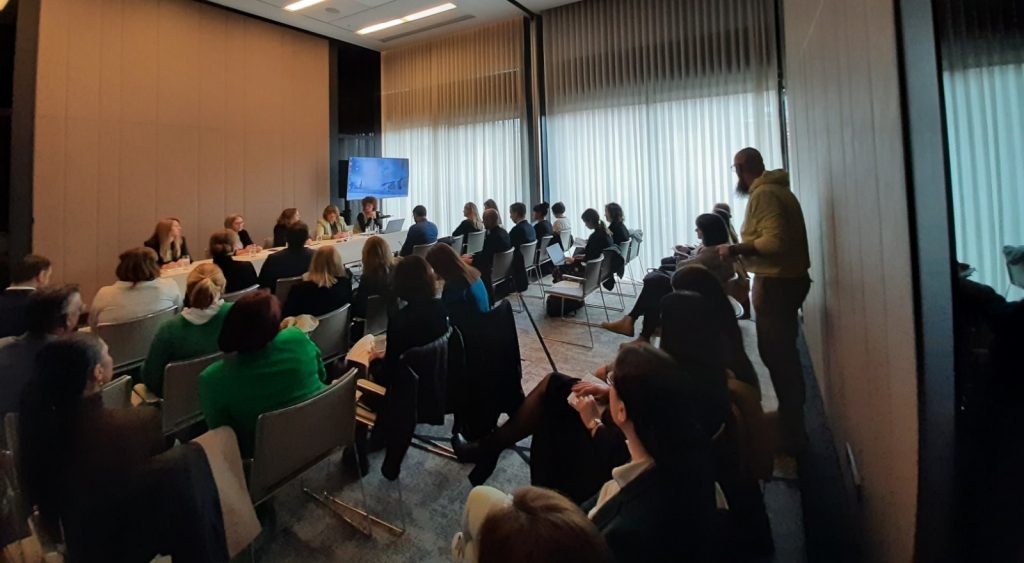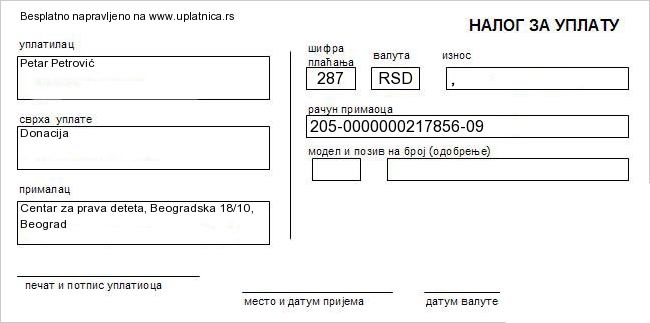
On 4 November 2022 in Belgrade, the Child Rights Centre (CRC) held the second in a series of dialogues on the rights of the child entitled “Child-friendly Serbia – Infrastructure and Challenges in Implementation” as part of the project Strengthening the capacities of civil society organisations to contribute to the fulfilment of Serbia’s human dimension commitments in the field of the rights of the child, financially supported by the OSCE Mission to Serbia. The dialogue was held as part of the conference “Universal Periodic Review (UPR): A discussion on the fulfilment of the recommendations addressed to Serbia after the Third Cycle”, organised by the Platform of Organisations for Cooperation with UN Human Rights Mechanisms, of which the CRC is a member and also the coordinator of the Child Rights Clusters.

During the dialogue, which brought together 43 representatives of institutions, civil society organisations and international organisations, the degree of the fulfilment of the recommendations in the field of child rights issued to Serbia after the Third UPR cycle was discussed. In the shadow report for the Fourth Cycle of the UPR, the Child Rights Cluster reiterated the unfulfilled recommendations from the previous cycle, related to the adoption of the comprehensive Law on the Rights of the Child and the Child Ombudsperson, the introduction of an explicit legal prohibition of corporal punishment of children in all environments, including family, as well as the continuation of strengthening actions in the fight against child trafficking and measures to prevent and improve the identification of these cases.
Building on the first dialogue, which covered the general framework for the realisation of child rights in Serbia, and the lack of legislative and administrative measures, the goal of the second dialogue was to continue discussing the monitoring of the situation in the field of child rights, as well as challenges in realising the basic principle of child rights – protection from discrimination. The issue of protecting children from discrimination is not only the subject of the recommendations of the Third Cycle of the UPR, but also of many other international bodies, such as the Committee for the Rights of the Child, the Committee for the Elimination of Racial Discrimination, the Committee for the Elimination of Discrimination against Women, etc. and the UN Sustainable Development Goals.

Discrimination against children affects all spheres of their lives and prevents them to exercise the rights of the child. During the dialogue, various organisations working in the field of child rights presented their perspective on the consequences of the lack of adequate protection against discrimination for certain groups of children, such as Roma children, children with developmental disabilities, children in residential care, juvenile delinquents, children in street situations, child victims of human trafficking, child migrants, intersex children, etc. It was especially emphasized that during the pandemic, children from vulnerable groups were more exposed to discrimination and violation of child rights in various areas, which further worsened their situation. It was pointed out that little attention was paid to educating children to recognise discrimination, due to which it was rarely reported. In addition, it is difficult to give an assessment of judicial practice related to discrimination because there is no unified and centralised system for monitoring the functioning of the system of legal protection against discrimination, but it is certain that victims of discrimination are reluctant to use the mechanisms of protection against discrimination (Commissioner for Protection of Equality, court protection) because they do not trust institutions, are afraid of secondary victimisation, etc. That is why a total number of cases is far higher than the number of reported cases, which is supported by numerous reports.
Shared by:
